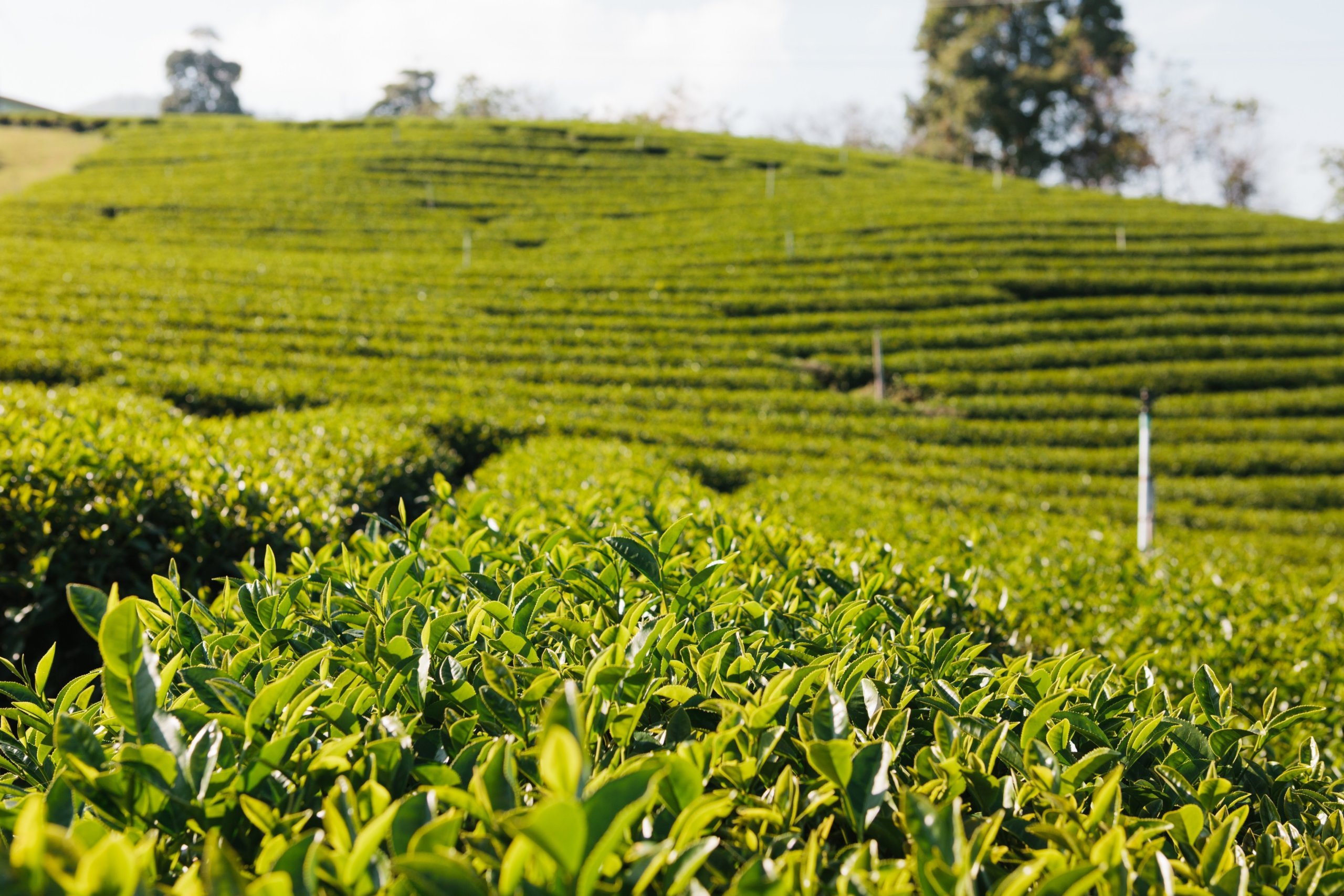
Luck of the Irish – Green Tea?
Maybe the Luck of the Irish has no association with tea, but I am talking about GREEN tea and everything St. Pattie’s Day is green, right?
Ok, maybe I am a bit off track, but St. Patrick’s Day is this weekend and instead of trying those green beers maybe there is an alternative.
Green tea, anybody?
Unlike beer, green tea has incredible antioxidants and can even prevent cancer–sign me up!
Caffeine Effects
Generally we know that caffeine, which is in green tea, has a good and a bad wrap on different counts.
Caffeine can cause anxiety-like effects and throw off our sleep cycles (Nehlig, Daval & Debry, 1992). If you are zinc deficient, green tea can lower its absorption so be careful (Chacko et al., 2010).
However, caffeine’s benefits include a release of dopamine and serotonin, the happy hormones, while it also positively affects memory, learning and coordination performance (Nehlig, Daval & Debry, 1992).
Tea Focus
Out of the main types of tea (black, oolong, and green tea), green tea has been shown to have the highest health effects (Chacko et al., 2010).
Looking at green tea alone, research has indicated a litany of positive effects in reducing the following ailments along with some other great benefits (Chacko et al., 2010).
Ailments
- Cardiovascular diseases
- Diarrhea
- Typhoid
- Cholesterol levels
- Cancer
- Heart disease
- Liver disease
- Low iron absorption
- Obesity
- Type II diabetes
Other Great Benefits
- Antiarthritic
- Anti-inflammatory
- Antibacterial
- Antiangiogenic
- Antioxidative
- Antiviral
- Neuroprotective
Fighting Off Cancer
The antioxidant effects of green tea, that are protecting cells against damage, is well founded (Chacko et al., 2010). Even more astounding is the long list of cancers that green tea helps prevent (Chacko et al., 2010):
- Lung
- Colon
- Esophagus
- Mouth
- Stomach
- Small intestine
- Renal (Kidney)
- Pancreatic
- Breast
Furthermore, some research indicates that green tea has been especially helpful in reducing certain cancer risks in women (Chen et al., 2017). Specifically, Chen et al. (2017) found that drinking even 1 cup of green tea a day could help reduce the risk of colorectal cancer.
Be Choosy with Your Brands
Those weary of fluoride consumption should note that the tea plants are considered a fluoride accumulator. Luckily, additional research has indicated that the higher quality of tea, the less fluoride present (Lu, Guo, & Yang, 2004).
Why Not to Use Milk
While black and green tea are valuable sources of antioxidants, studies have shown that adding milk to black tea has reduced this antioxidant capacity (Ryan & Petit, 2010). Even though this specific study was conducted solely with black tea, it is reasonable to conclude that it would have the same effect on green tea’s antioxidant quality.
Here at Naturna, on this St. Pattie’s Day, we will be drinking green tea as an alternative to those other unhealthy options.
Will you join us?
References
Chacko, S. M., Thambi, P. T., Kuttan, R., & Nishigaki, I. (2010). Beneficial effects of green tea: a literature review. Chinese medicine, 5(1), 13.
Chen, Y., Wu, Y., Du, M., Chu, H., Zhu, L., Tong, N., Zhang Z., Wang, M., Gu, D. & Chen, J. (2017). An inverse association between tea consumption and colorectal cancer risk. Oncotarget, 8(23), 37367.
Eng, Q. Y., Thanikachalam, P. V., & Ramamurthy, S. (2018). Molecular understanding of Epigallocatechin gallate (EGCG) in cardiovascular and metabolic diseases. Journal of ethnopharmacology, 210, 296-310.
Lu, Y. I., Guo, W. F., & Yang, X. Q. (2004). Fluoride content in tea and its relationship with tea quality. Journal of Agricultural and Food Chemistry, 52(14), 4472-4476.
Nehlig, A., Daval, J. L., & Debry, G. (1992). Caffeine and the central nervous system: mechanisms of action, biochemical, metabolic and psychostimulant effects. Brain Research Reviews, 17(2), 139-170.
Ryan, L., & Petit, S. (2010). Addition of whole, semiskimmed, and skimmed bovine milk reduces the total antioxidant capacity of black tea. Nutrition Research, 30(1), 14-20.


